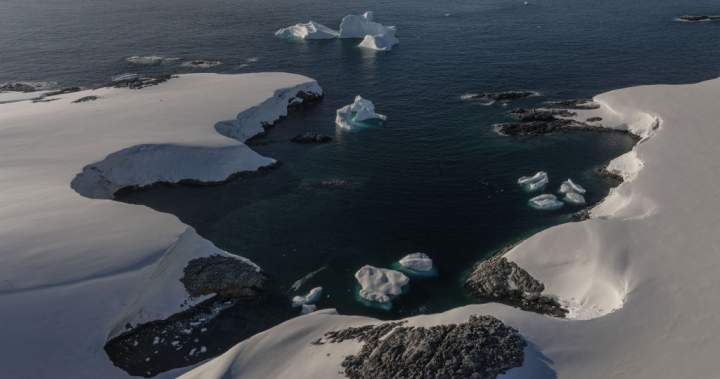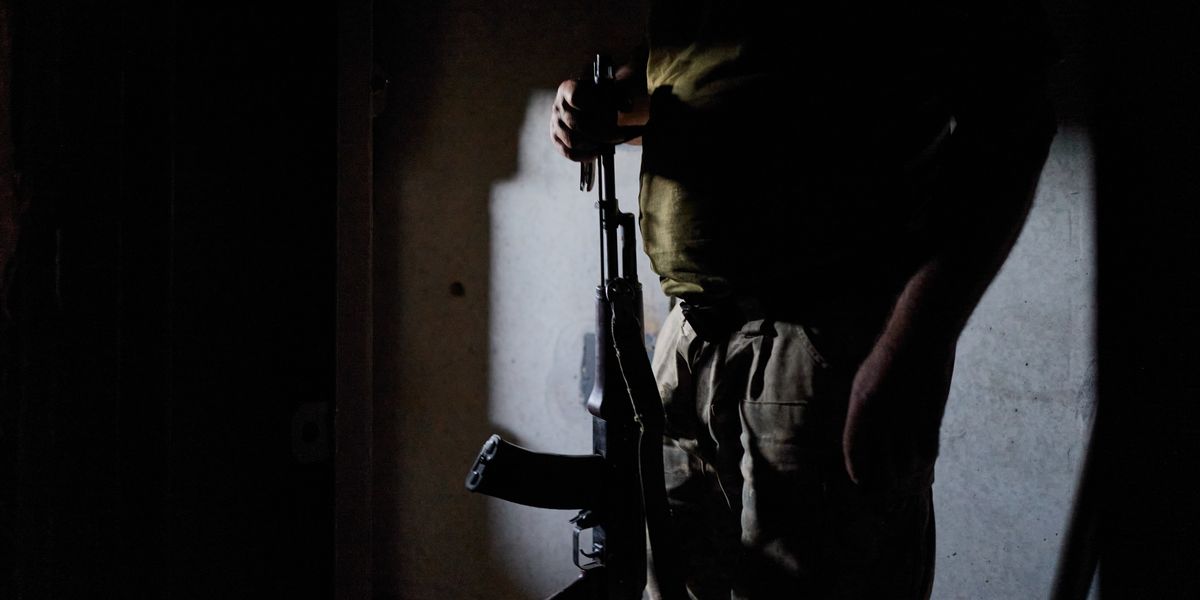The bones of a British explorer who went missing more than six decades ago after an accident in Antarctica have been found, along with hundreds of personal effects.
The remains were discovered by a Polish Arctic expedition among rocks exposed by a melting glacier in January, the British Antarctic Survey announced Monday.
The bones were identified as belonging to Dennis Bell, a meteorologist who died at the age of 25 while working for the Falkland Islands Dependencies Survey (FIDS), the predecessor to the British Antarctic Survey (BAS).
Bell was killed after falling into a crevasse on a glacier at Admiralty Bay on King George Island off the Antarctic Peninsula on July 26, 1959, but his body was never recovered.
His bones were discovered with more than 200 items, including the remains of radio equipment, a flashlight, ski poles, an inscribed Erguel wristwatch, a Swedish Mora knife, ski poles and an ebonite pipe stem, the British organization said.
The skeleton was sent for testing at King’s College London, where it was matched with DNA samples from his brother David Bell and his sister Valerie Kelly.

Get daily National news
Get the day’s top news, political, economic, and current affairs headlines, delivered to your inbox once a day.
They are “more than one billion times” more likely to be related than not, Denise Syndercombe Court, professor in forensic genetics, told the British Antarctic Survey.
Dennis Bell (left) with his colleagues and the dogs that helped them work in Antarctica. Midwinter 1959 at Admiralty Bay Base.
British Antarctic Survey
David, 86, who now lives in Australia, told the BBC he could not believe that his brother had been found after 66 years.
“I had long given up on finding my brother. It is just remarkable, astonishing. I can’t get over it,” he said.
In a separate statement, he thanked those who helped discover and return his brother’s body.
“The British Antarctic Survey and British Antarctic Monument Trust have been a tremendous support and together with the sensitivity of the Polish team in bringing him home have helped us come to terms with the tragic loss of our brilliant brother,” he told BAS.
The young scientist contributed to early scientific exploration in the Antarctic and is revered in his field to this day.
Prof. Jane Francis, director of BAS, said the discovery of Bell’s body marked a significant moment and pointed to the dangers of his profession.
“Dennis was one of the many brave FIDS personnel who contributed to the early science and exploration of Antarctica under extraordinarily harsh conditions. Even though he was lost in 1959, his memory lived on among colleagues and in the legacy of polar research. This discovery brings closure to a decades-long mystery and reminds us of the human stories embedded in the history of Antarctic science,” she said.
David described Dennis, the eldest sibling, as his “hero (who) seemed to be able to turn his hand to anything.”
He could service gas engines, was a skilled photographer, built a radio from scratch and would spend hours transcribing Morse code.
Bell worked a stint in the Royal Air Force before joining the FIDS as a meteorologist in 1958. He was stationed for a two-year assignment at Admiralty Bay, a small U.K. base with half a dozen men on King George Island, when he was killed.
© 2025 Global News, a division of Corus Entertainment Inc.
<








